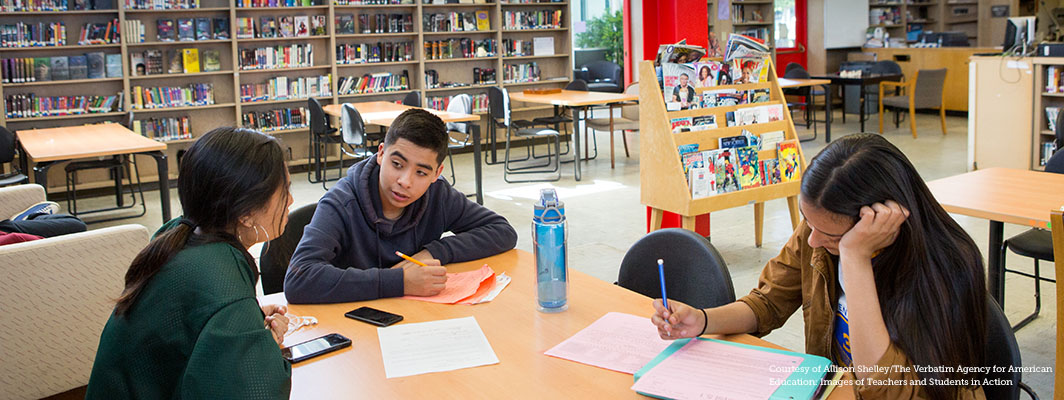This article originally appeared on Usable Knowledge from the Harvard Graduate School of Education. Read the original version here.
During the school year, children spend more of their time outside of schools than in them, meaning that the caregivers and community members the child interacts with can be just as influential as teachers in providing opportunities for learning and growth. This opportunity becomes even more critical in the summer months, when the daily structure of school and daily support from educators give way to less predictable routines. Gaps in student achievement, particularly along socioeconomic lines, make it clear that not all students have access to the same opportunities for learning and growth.
Even schools that are working effectively to close achievement gaps can only do so much; the opportunities that privileged students enjoy when they are not in school contribute to the persistence of the gaps.
In their new book, Broader, Bolder, Better, Paul Reville and Elaine Weiss draw on nine years of research and case studies from 12 diverse communities to advocate for more and larger-scale partnerships between communities and schools. One key manifestation of the kind of wrap-around support they call for: afterschool and summer enrichment programs.
“Mountains of data indicate that summer learning should be an entitlement, not an accident of birth, yet we continue to ignore this need and thereby resign ourselves to continuing failure in education,” Reville and Weiss write.
Effective out-of-school learning — during the school year and over the summer — often relies on powerful relationships between and among schools, community members, organizations, families, and policymakers. Building those relationships takes time, Reville and Weiss say, and it’s important to begin thinking about partnerships early on in the school year. But Reville and Weiss identify a few opportunities for collaboration and program development — offering a natural springboard for meaningful summer enrichment and out-of-school learning throughout the year.
School-Community Partnerships: Stakeholders and Touch Points
Local Institutions
- Faith-Based Organizations: Churches or other institutions are often seen as safe and supportive environments. Many churches offer opportunities for young people to get involved in their communities through youth service groups. Leaders in faith-based organizations are also positioned to mobilize and organize communities to help meet the needs of its children.
- Libraries: Reville and Weiss observed that libraries can also be mobilized to help support summer learning through activities like book clubs that mail books to students or organizing community “storywalks” in local parks.
- Private Sector: As part of the By All Means project run by Reville’s Education Redesign Lab,Providence, Rhode Island has prioritized out-of-school learning, working to connect curriculum with careers and college. Afterschool or in-school experiences like a First Aid training session or swim safety course could lead to summer employment as a camp counselor or a lifeguard, for instance.
Social Media and Technology
- Bright Futures works with community and district leaders to meet students’ basic needs during the school year, providing things like clothing, food, and school supplies by posting these needs in Facebook groups. These groups could also be used to connect students with existing summer learning or summer employment opportunities.
- For students in rural areas, technology can continue to connect them with their peers through apps, virtual study groups, and message-board discussions about assigned summer reading.
Everyday Experiences
- Social-emotional learning is critical to child development, and much of this kind of learning happens at home. Simple family projects — sorting recycling or taking a trip to donate used toys — can build thinking skills and cultivate empathy.
Supporting Parent and Caregiver Education
- Some districts offer workshops for caregivers during the school year to help them become informed and active participants in their child’s learning, beginning with helping them understand the school system. Caregivers who are informed about schools and academics are better positioned to take active roles in a child’s learning journey and support growth over the summer.
Data
- During the school year, programs like CityConnects and Say Yes gather data on students and school systems. This data can still be collected and monitored in the summer months. It can also be used to inform the kind of programming needed to support certain students. Gathering information on participation rates, supplies, and meals and transportation required in existing summer programming can shape the development of new programs and direct the flow of resources.This article originally appeared on Usable Knowledge from the Harvard Graduate School of Education. Read the original version here.
